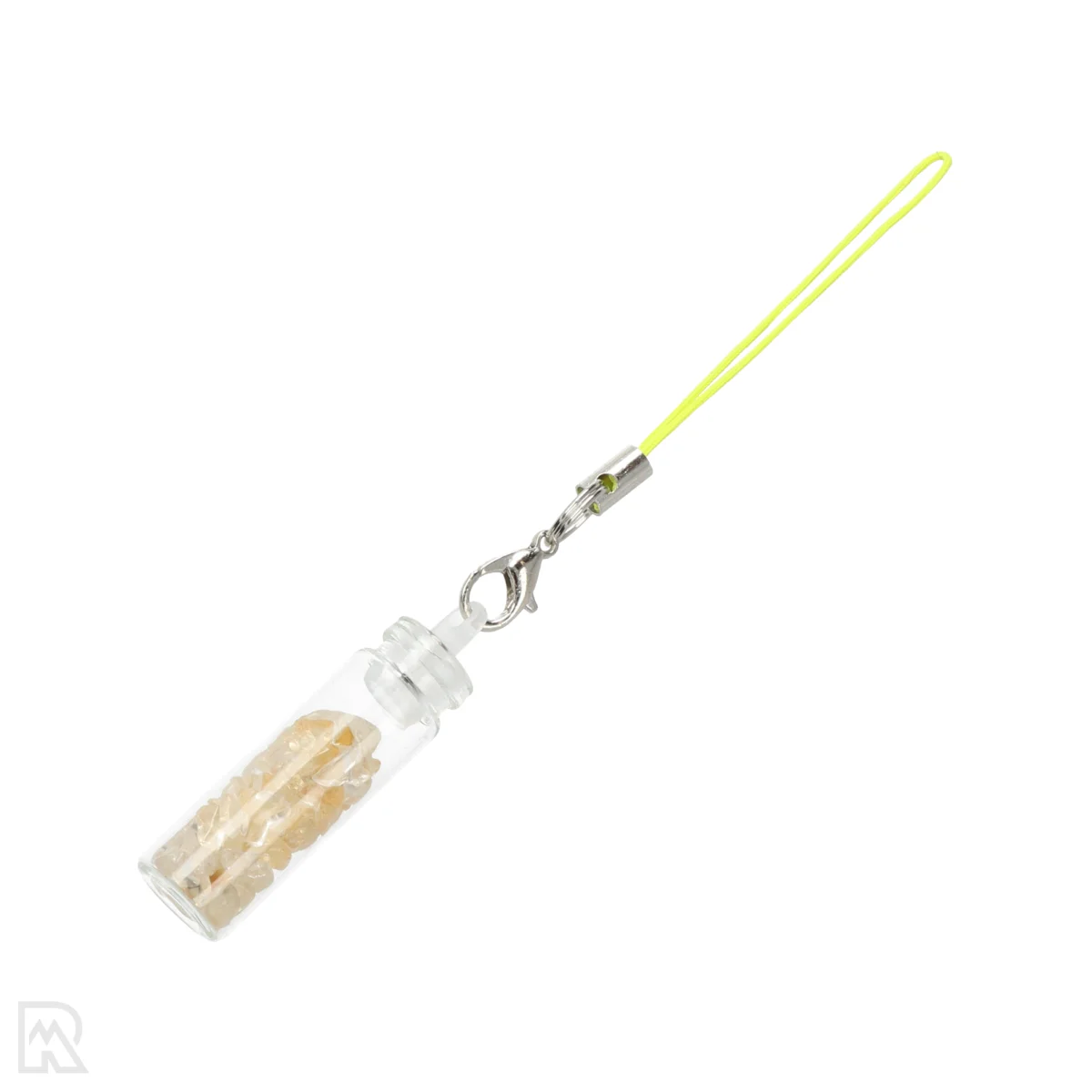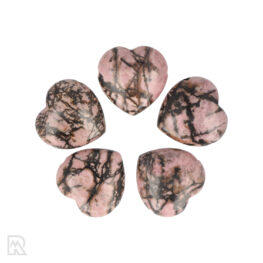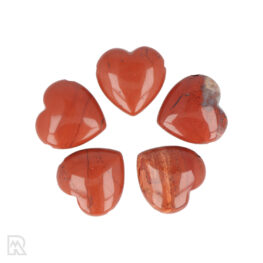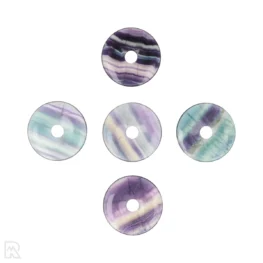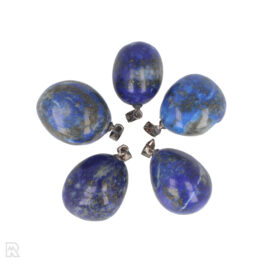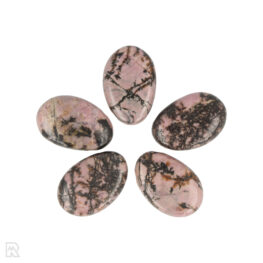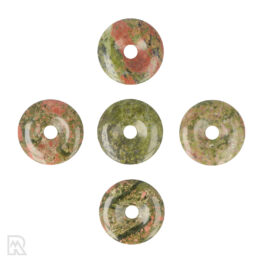| Gewicht | 0,05 kg (50 gr) |
|---|---|
| Dimensions | 1,1 × 1,1 × 3,5 cm |
| Sales Unit | |
| Type | |
| Form | |
| Origin | |
| SKU | 4997 |
Citrine - Burnt Amethyst Lucky Bottle
Citrine - Burnt Amethyst Lucky bottle from China
Citrine
Citrine is a yellow to orange variety of quartz and derives its colour from traces of iron in the crystal lattice. The natural form is rare and appreciated for its warm, transparent appearance. Its colour can range from pale yellow to deep amber.
Citrine is found in Brazil, Madagascar, Russia and the United States, among others. Its chemical formula is SiO₂, and it crystallises in the trigonal system. Citrine has a hardness of 7 on the Mohs scale. An important distinction is made between natural citrine and citrine created by heating amethyst or smoky quartz. This so-called "burnt amethyst" often has a darker orange or reddish-brown colour, and we always explicitly indicate which variant it is.
Sources:
Mindat.org, Gemdat.org, Wikipedia - Citrine
Selenite
Selenite is a clear to translucent variety of the mineral gypsum (CaSO₄-2H₂O). It is known for its glassy to pearly luster and often fibrous structure. A common form is selenite, which has a silky luster and occurs in long, fibrous crystals. Despite its name, selenite has nothing to do with the element selenium; the name is derived from the Greek word for moon, because of its soft luster.
Selenite forms in sedimentary environments during the evaporation of seawater and is found in countries such as Mexico, Morocco, the US and Australia. It is a soft mineral with a hardness of 2 on the Mohs scale, making it easy to work by hand. Almost all selenite sold on the Dutch market is satin spar; however, selenite is a market-accepted sales name.
Sources:
Mindat.org, Gemdat.org, Wikipedia - Selenite
